Dry Fig / Anjir Big
Fresh figs are rich in nutrients while being relatively low in calories, making them a great addition to a healthy diet.
One small (40-gram) fresh fig contains (1Trusted Source):
<... Read MoreFREE
SHIPPING
100% MONEY
BACK GUARANTEE
ONLINE
SUPPORT 24/7
Fresh figs are rich in nutrients while being relatively low in calories, making them a great addition to a healthy diet.
One small (40-gram) fresh fig contains (1Trusted Source):
Calories: 30
Protein: 0 grams
Fat: 0 grams
Carbs: 8 grams
Fiber: 1 gram
Copper: 3% of the Daily Value (DV)
Magnesium: 2% of the DV
Potassium: 2% of the DV
Riboflavin: 2% of the DV
Thiamine: 2% of the DV
Vitamin B6: 3% of the DV
Vitamin K: 2% of the DV
Fresh figs contain some calories from natural sugar, but having a few figs is a reasonable, low calorie snack or addition to a meal.
On the other hand, dried figs are high in sugar and rich in calories, as the sugar becomes concentrated when the fruits are dried.
Figs also contain small amounts of a wide variety of nutrients, but they’re particularly rich in copper and vitamin B6.
Copper is a vital mineral that’s involved in several bodily processes, including metabolism and energy production, as well as the formation of blood cells, connective tissues, and neurotransmitters.
Vitamin B6 is a key vitamin necessary to help your body break down dietary protein and create new proteins. It also plays an important role in brain health.
Promote digestive health
May improve vascular and heart health
May help manage blood sugar levels
Potential anticancer properties
May promote healthy skin
Your rating
Fresh figs are rich in nutrients while being relatively low in calories, making them a great addition to a healthy diet.
One small (40-gram) fresh fig contains (1Trusted Source):
Calories: 30
Protein: 0 grams
Fat: 0 grams
Carbs: 8 grams
Fiber: 1 gram
Copper: 3% of the Daily Value (DV)
Magnesium: 2% of the DV
Potassium: 2% of the DV
Riboflavin: 2% of the DV
Thiamine: 2% of the DV
Vitamin B6: 3% of the DV
Vitamin K: 2% of the DV
Fresh figs contain some calories from natural sugar, but having a few figs is a reasonable, low calorie snack or addition to a meal.
On the other hand, dried figs are high in sugar and rich in calories, as the sugar becomes concentrated when the fruits are dried.
Figs also contain small amounts of a wide variety of nutrients, but they’re particularly rich in copper and vitamin B6.
Copper is a vital mineral that’s involved in several bodily processes, including metabolism and energy production, as well as the formation of blood cells, connective tissues, and neurotransmitters.
Vitamin B6 is a key vitamin necessary to help your body break down dietary protein and create new proteins. It also plays an important role in brain health.
Promote digestive health
May improve vascular and heart health
May help manage blood sugar levels
Potential anticancer properties
May promote healthy skin





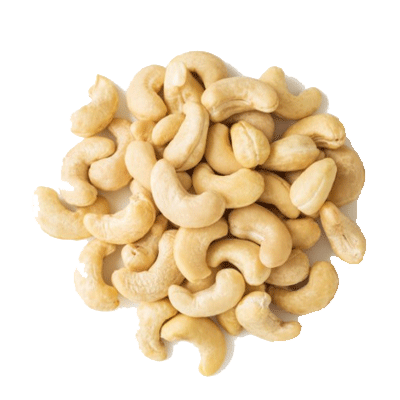
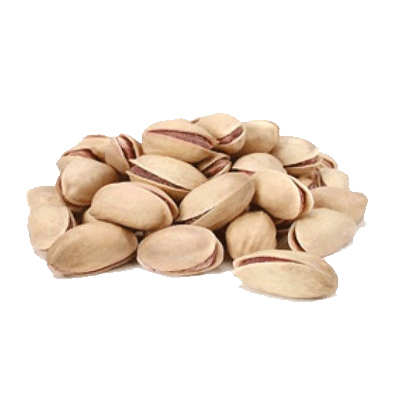
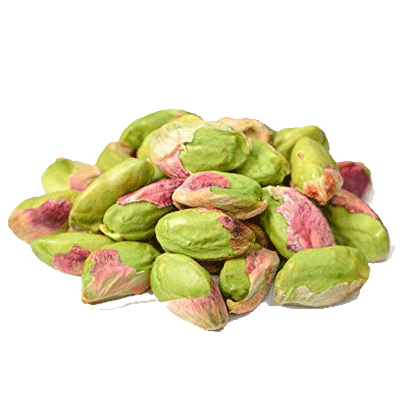

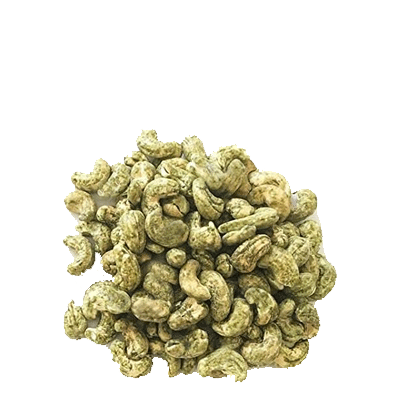
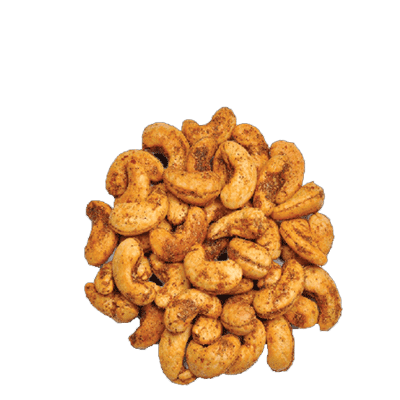
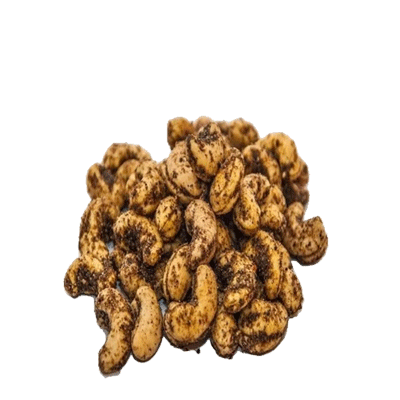
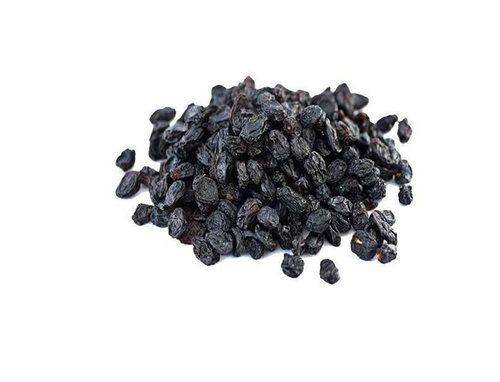
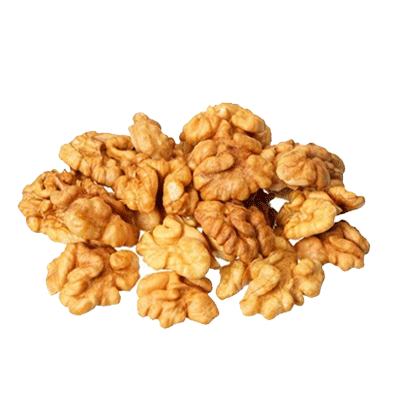
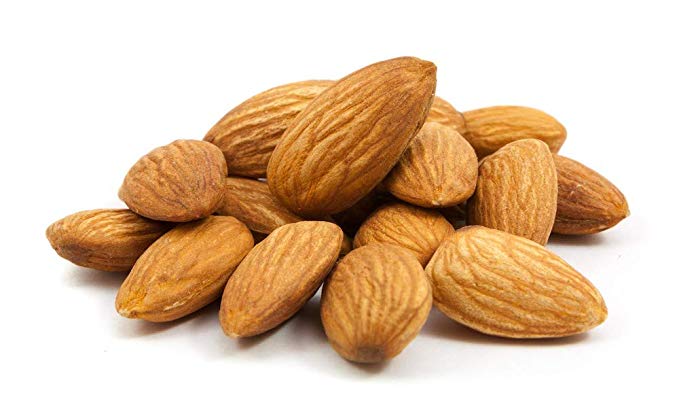


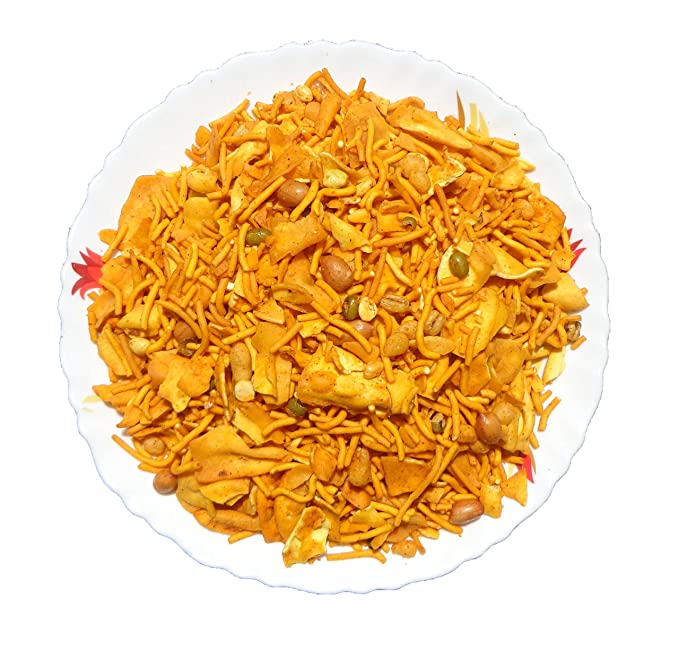
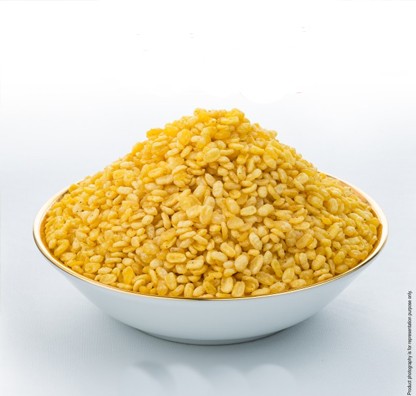

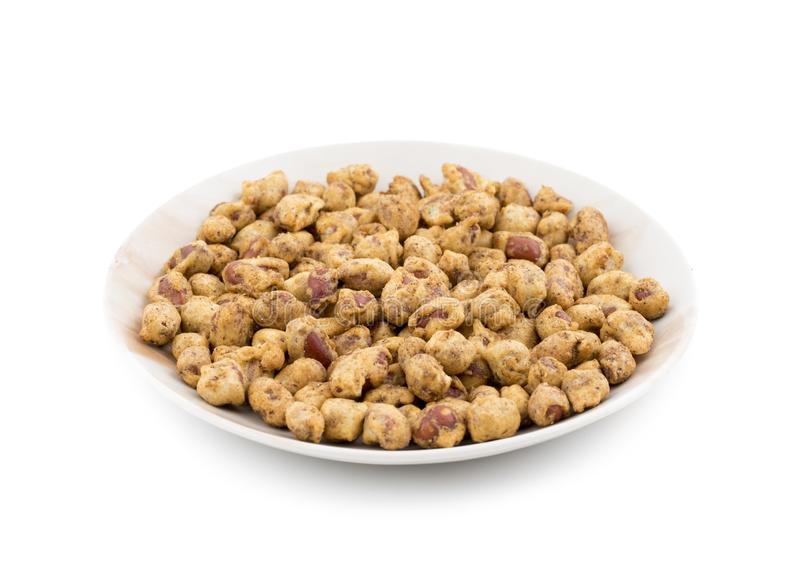
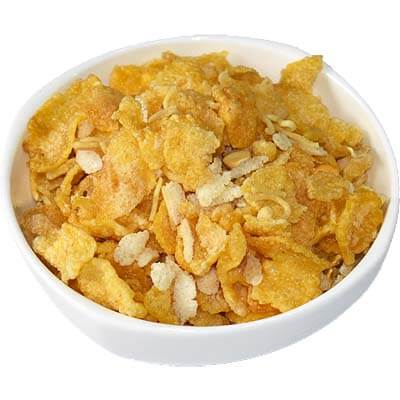
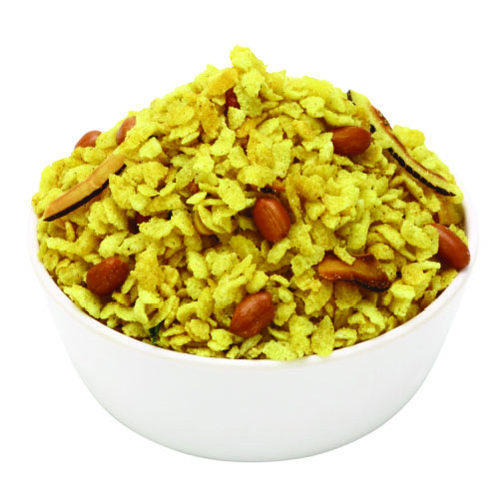
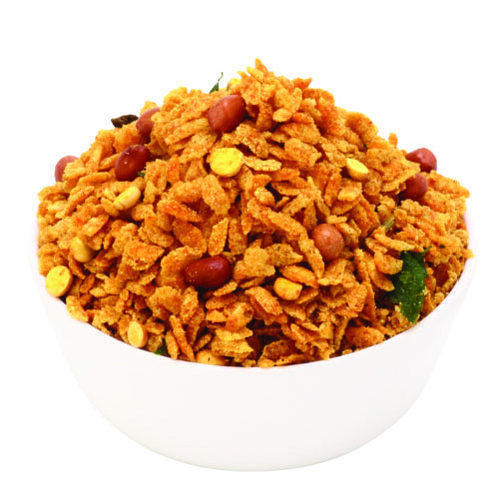
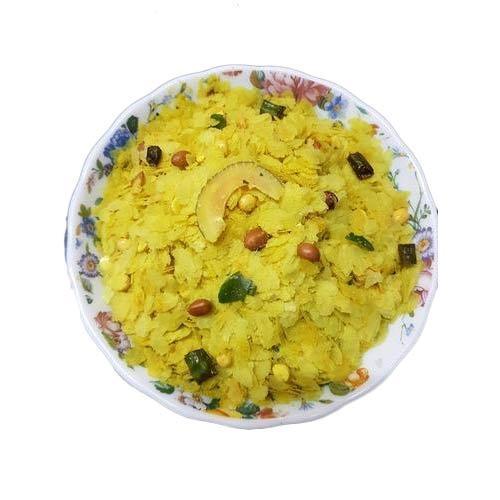

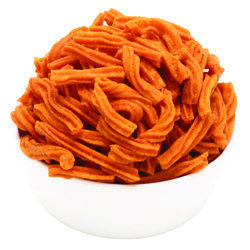








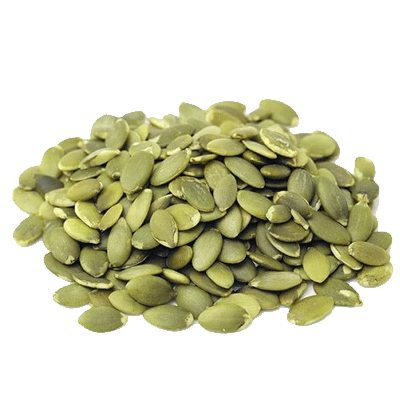
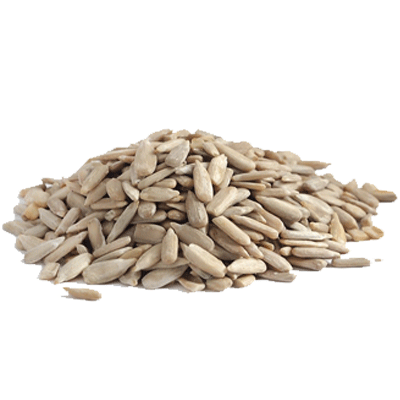
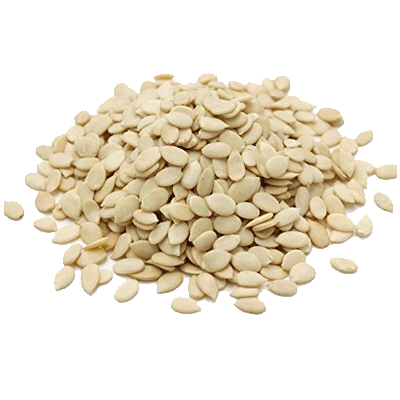
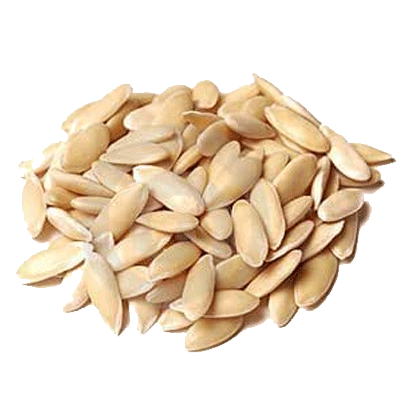
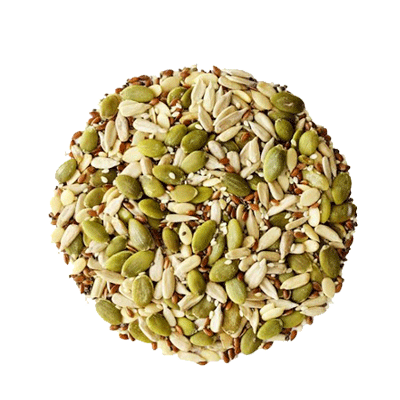
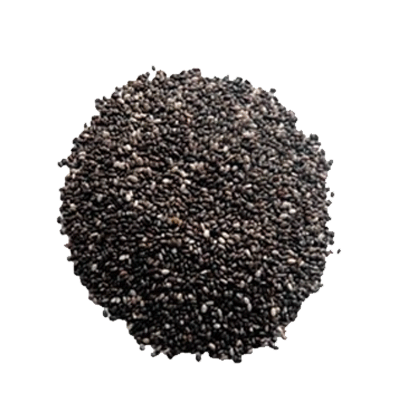
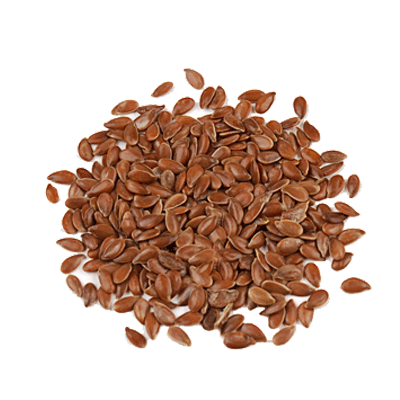
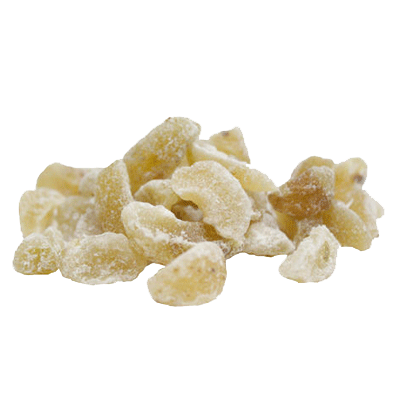
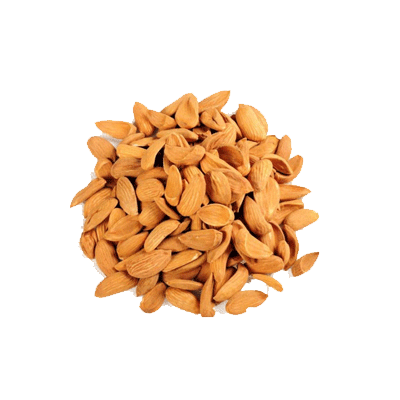
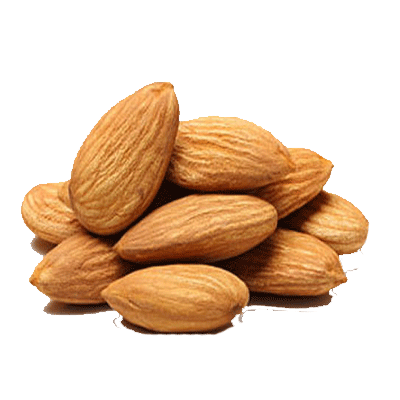

Add a review